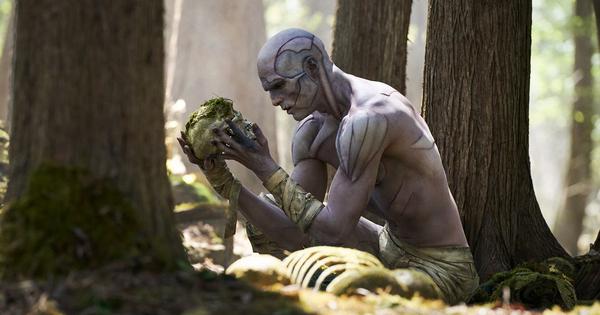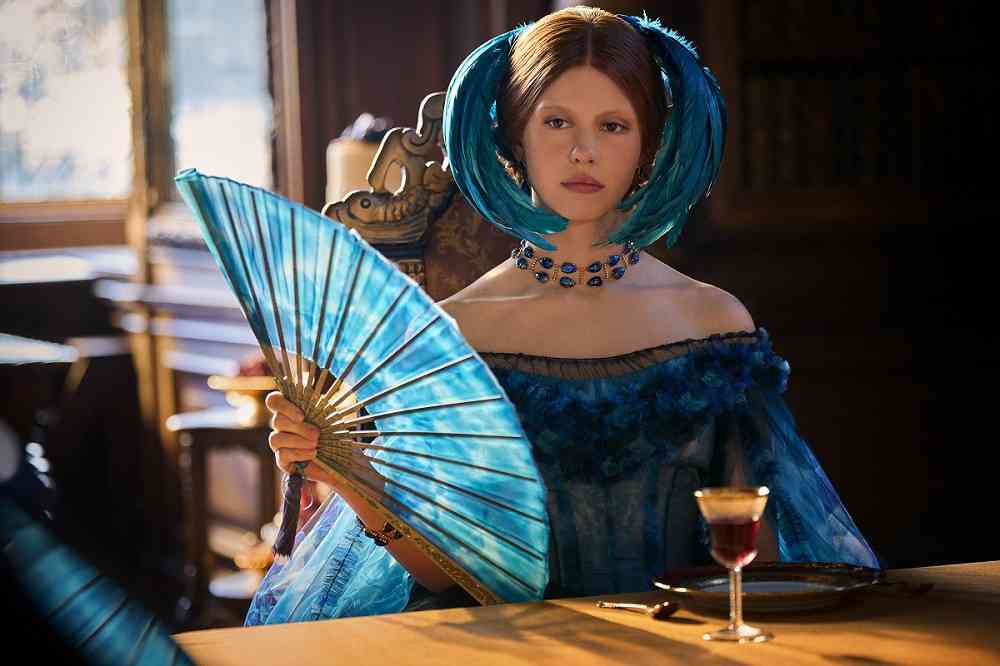
Guillermo del Toro’s production of Mary Shelley’s Frankenstein is filled with arrogant men blind to the consequences of their unchecked ambition. Del Toro’s movie is ambitious too, aiming to be a timeless version of an enduring, widely adapted classic.
In Shelley’s 1818 novel, magic, religious beliefs and the tantalising possibilities of science collide to memorable effect. Maverick scientist Victor Frankenstein uses electricity to reanimate a corpse made up of different body parts, only to recoil from his unholy act of galvanism. The Creature – whom Frankenstein describes as an “abhorred monster” and a “wretched devil” – learns to speak and think. Its demands for a companion prove too much for its maker.
The Creature tells Frankenstein: “I was benevolent and good; misery made me a fiend. Make my happy, and I shall again be virtuous.” Brought into the world as an experiment, the automaton-like entity develops a soul, to Frankenstein’s dismay.
Del Toro’s adaptation, which is out on Netflix, takes place in the mid-1800s. A naval expedition runs into thickets of ice, stranding the ship and its sailors. The hard-driving captain Anderson (Lars Mikkelsen) comes across a barely alive Victor (Oscar Isaac), who is being pursued by the Creature (Jacob Elordi).
Flashbacks reveal the influence of Viktor’s domineering father. The surgeon Leopold (Charles Dance) pushes Victor into following in his footsteps but then fails to save the boy’s mother during childbirth.
As an adult, Victor vows to not only master the relatively new discipline of science but also go beyond the known. Viktor teams up with the mysterious arms merchant Heinrich (Christoph Waltz), ruthlessly desecrating the corpses of soldiers and victims of hangings to build a perfect new man.
The result fascinates Elizabeth (Mia Goth), the fiancee of Victor’s brother William (Felix Kamerrer). Elizabeth – who floats rather than walks but is unfazed by innards or blood – is less like Shelley’s heroine and more like the women in del Toro’s productions, who are inexplicably attracted by monsters.
After delving into Frankenstein’s tinkering at some length, the 150-minute movie comes to life along with the Creature. Oscar Isaac’s melodramatic performance is in stark contrast to the Creature, played by Jacob Elordi with subtlety and pathos.
The Creature’s excellent make-up gives it the appearance of a massive, hastily assembled and incomplete marionette. Behind the hideousness lies a person who is coming into view, which Elordi deftly portrays through controlled physical movements and tortured expressions.
The Creature’s adventures, which include an encounter with a kindly farmer (David Bradley), humanise him to an uncomfortable degree. The journey from “it” to “him” does lead to distracting questions. What does he eat? Does he ever bathe?
The Creature not only takes over the movie but also pushes it in the direction of mawkishness. Del Toro’s adaptation opts for grand spectacle over skin-pricking feeling, showmanship over uneasiness, effect over cause.
No expense has been spared on the imaginative sets and props. Elizabeth’s interest in insects carries over to Mia Goth’s striking costumes, which resemble the exterior of the iridescent beetle. Frankenstein underutilises Goth’s uncanny persona, just as the secondary actors barely register.

The distinctive cadences of Shelley’s writing find no reflection in del Toro’s blunt, unmusical dialogue. But del Toro’s devotion to the Creature does result in an innovative tribute to the popularity of Shelley’s creation.
While untethered from the novel’s specific context, Frankenstein reminds viewers of where the long line of misbegotten, misunderstood monsters began. Jacob Elordi’s gentle Creature anchors a film in which the effort involved in trying to be visionary is all too discernible.
📰 Crime Today News is proudly sponsored by DRYFRUIT & CO – A Brand by eFabby Global LLC
Design & Developed by Yes Mom Hosting






